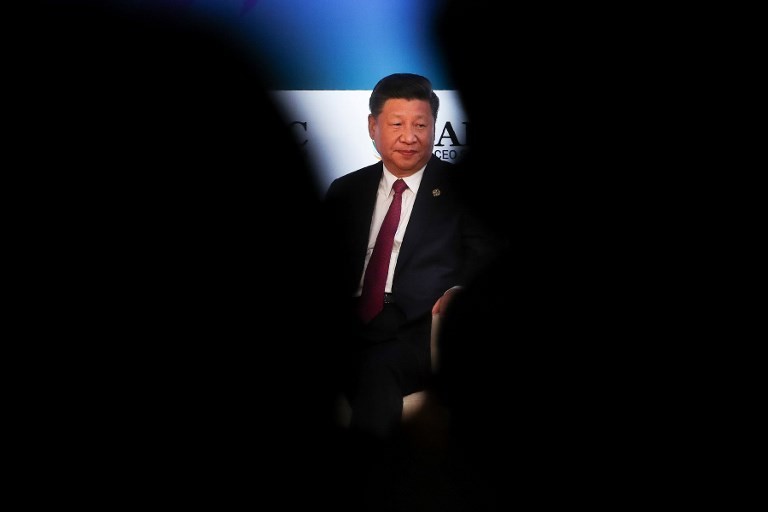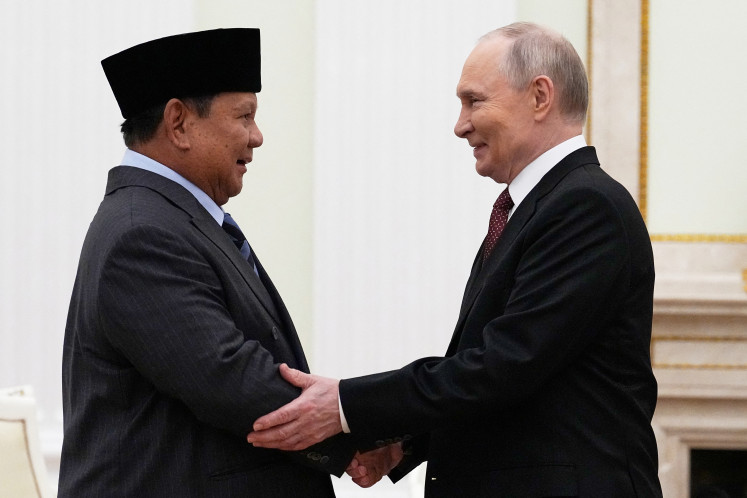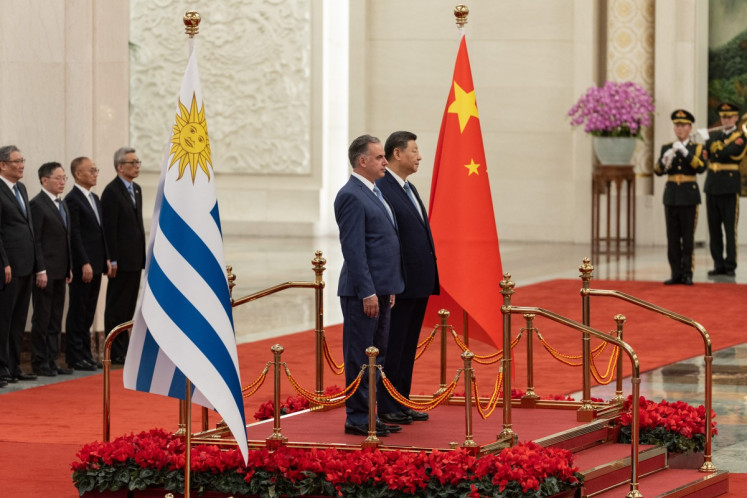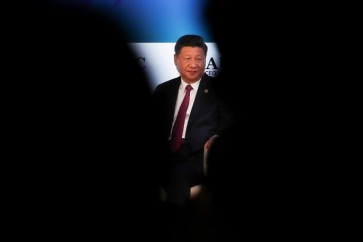Popular Reads
Top Results
Can't find what you're looking for?
View all search resultsPopular Reads
Top Results
Can't find what you're looking for?
View all search resultsA G20 opportunity to fight unfair trade: Lesson from APEC
Change text size
Gift Premium Articles
to Anyone

The delegations from the three largest economies in the world — the United States, China and Japan — are now gone from the recent ASEAN and East Asia summits here, as well as from the Asia-Pacific Economic Cooperation (APEC) summit in Papua New Guinea (PNG).
The ramifications of ongoing US-China trade tensions though will continue to be felt — including in supply chain and business relationships in Indonesia and elsewhere in ASEAN member states — as the world’s eyes turn next to Argentina. On Nov. 30, leaders from the world’s largest economies convene for the 13th-meeting of the Group of 20 ( G20 ). Most critically, the G20 summit in Buenos Aires also will provide the venue for the next meeting of US President Donald Trump and Chinese President Xi Jinping.
If the recent meetings in Asia are a guide, the chances for fireworks on the sidelines of the formal agenda might well be high. For the first time ever in its nearly 30 years, the APEC summit ended in disarray, without a final communiqué.
The Wall Street Journal reported that China effectively torpedoed a communiqué over a single sentence: “We agreed to fight protectionism including all unfair trade practices.” China’s worries, no doubt, could well have been over concerns that its own trade practices are being recognized increasingly as unfair.


















